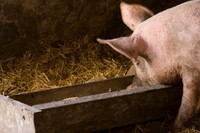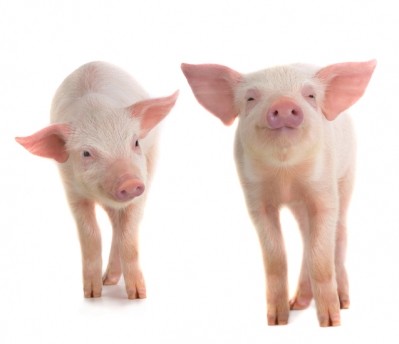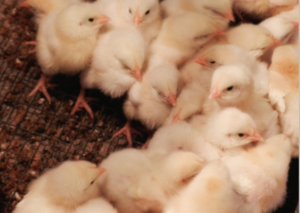PED virus: EU tightens rules on imports of pork by-products used for animal feed

Although PEDv does not affect humans or pork safety, it has infected and killed millions of piglets on farms of all sizes in 27 US states since May 2013 and in some Canadian provinces since January this year.
Retail pork prices in the US, as a result of a contracted swine sector, have hit record highs in the past few months.
The potential risk of the virus spreading to Europe was discussed this week by the EU Commission’s Standing Committee on the Food Chain and Animal Health (SCoFCAH).
Last Saturday saw the French agriculture ministry announce it was banning imports of live pigs, porcine blood products, pork-based products and pig semen from North America, Mexico and Japan.
But it held off making the ban official on the outcome of the SCoFCAH meeting.
No outright EU ban proposed
At the Brussels meeting on Tuesday, the committee reviewed the latest scientific information on PEDv and the live pig import records.
The EU officials decided not to issue a complete ban since only 250 pigs were actually imported from Canada and the US last year and no live imports are scheduled for 2014.
Porcine plasma in piglet feed could play a part in the spread of PED virus, according to some industry experts, and the Commission’s committee agreed these products could only be imported after more stringent heat treatment and storage conditions.
"Inappropriate heat treatment or contamination after heat treatment may lead to the spread of the virus with such products," said the committee.
SCoFCAH said it will review the situation in June.
French decision awaited
France has not made an official announcement if it will enact the outright ban.
An official statement from Ministry of Agriculture in France, following the EU Commission meeting, said: “Additional measures will be adopted, if necessary, depending on the evolution of the health situation and the available scientific data.
The US Department of Agriculture (USDA) Animal and Plant Inspection Services (APHIS) said it will collaborate with the EU authorities in this regard.








